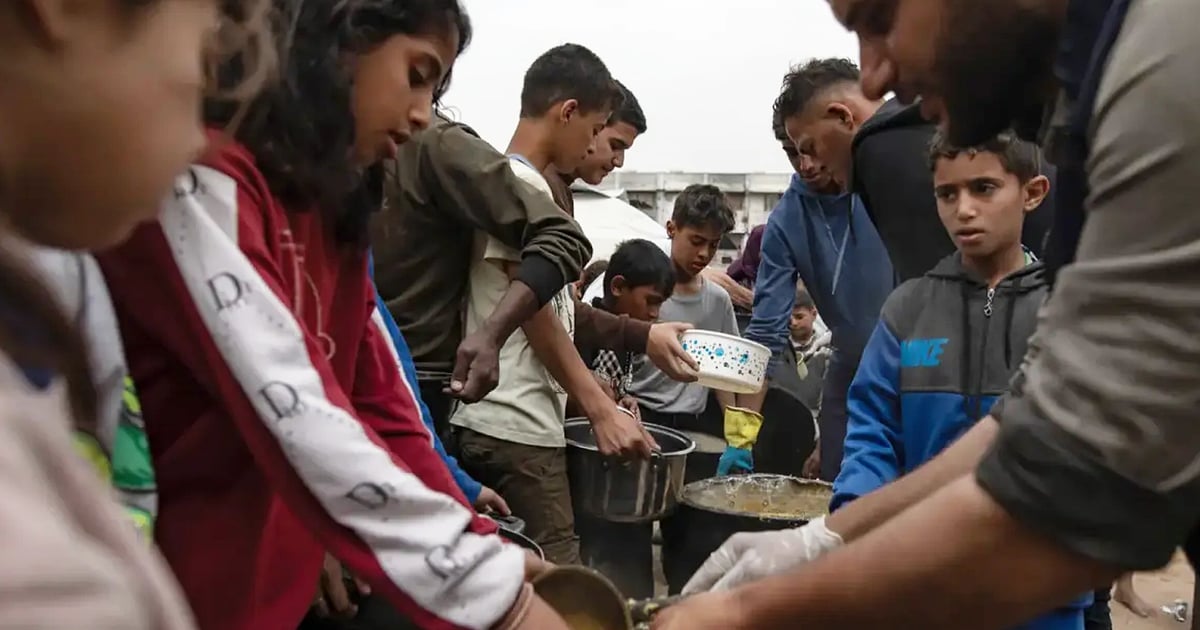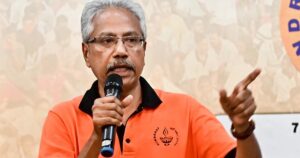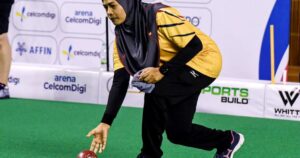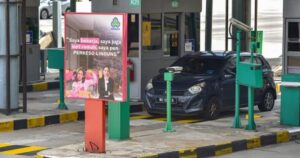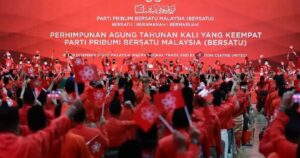
From Dr Zalina Ismail
This article is a joint effort between me and Dr Hatem Abu Zaydeh, formerly my PhD student, once jailed because he was a Palestinian living in Gaza, and now an academic at a university destroyed in a bomb blast.
I am penning this piece at my home overlooking the serene Pengkalan Datu river in Kota Bharu, and he under the incessant sounds of drones, amid the persistent smell of death, with his family beside him.
Before the genocide, his research involved childhood resilience, trauma and the brain’s capacity to heal. Now, he lives that reality in reverse.
This is an attempt by a teacher and her former pupil, and as a neuroscientist and a parent, to tell the story of what war does to a child’s brain, and what one man tries to do to help when everything else is gone.
Judy’s story: the girl who slipped away
A few days ago, Hatem tried to rescue five-year-old Judy Hararah. “I entered an apartment and found four children with their mother. Two of them were dismembered.”
“Judy was bleeding from the mouth, but she was breathing. I felt no pain. Only purpose. I carried her from the sixth floor and ran barefoot to the field hospital about 150m away.
“Unfortunately, she passed away at the hospital door. I can still smell the blood, gunpowder and death.
“That smell of death never leaves.”
Sarah’s story: the brain in a child’s war
A day later, Hatem sent me this message.
“This is about my six-year-old daughter Sarah, one of thousands of children in Gaza with the same story. Sarah saw the dead children, some of them in pieces, being removed from the apartment. She saw her friend Judy die in my arms.
“Since then, I noticed a change in behaviour: mood swings, extreme sadness, poor appetite, poor concentration, and mental distraction.
“She asks many questions about the child she saw dying, with fear and terror from every sound of an explosion. For the past two years, her world has been collapsing around her, and unfortunately in this war zone, there is no hospital, no medication, no therapy. What can I do?”
As of Aug 2, 2025, the war in Gaza has been going on for 296 days. Under such intense and prolonged trauma, the brain of children like Sarah switches into survival mode, flooding the body with stress hormones. Like thousands of children in Gaza, Sarah lives in this toxic stress loop.
In the short term, this is exactly what the body needs. In the long term, her fear, disconnection, and sleep disturbances are not just emotional cries for help. They are biological alarm bells.
The immune system weakens, concentration collapses and brain structures are reshaped. The amygdala becomes hyperactive, primed for threats; cortisol, the stress hormone, floods the body repeatedly, impairing concentration and emotional regulation. The hippocampus, crucial for memory, shrinks in response to persistent fear. Hatem sees all this unfolding in Sarah — not in a lab, but in the rubble of Gaza.
Helping rebuild brains in Gaza
The sense of helplessness is almost paralysing. Like many Malaysians, I meticulously follow the BDS boycott list. I pray.
I cook from a well-stocked fridge while watching Gaza burn again and again on my TV screen. I live in safety while mothers in Rafah search for water and fathers dig through rubble.
We argue over political factions; they fight to keep their children alive.
Surely, with all the resources that I have, there should be something I can do, right? When every institution in Gaza has collapsed and every comfort is gone, how do we help a child rebuild her mind?
Children’s brains are incredibly resilient. With the right support, even small moments of safety, connection and routine can help them heal. In the ruins of Gaza, Hatem is helping Sarah survive her unseen wounds.
Together, we have developed for parents a five-point trauma kit born out of helplessness. We also have an assessment kit with validated tests that parents can use.
No MRIs, psychologists or tools are needed other than what can be found in the surrounding rubble. This is our way of doing something and empowering parents when every institution has collapsed and every comfort is gone.
Hatem now applies that knowledge in the most tragic setting imaginable, using his understanding of neuroscience not in a classroom, but in a war zone; not for a student, but for his own child and others like her.
He holds Sarah when she shakes. He uses his voice to calm her. He allows her to draw pictures of the explosion. He names her emotions.
“You are scared,” he says. “That is normal.” These are not clinical interventions. They are acts of love, deeply rooted in neuroscience. The traumatised brain needs co-regulation. It needs safety, rhythm, connection. It needs someone else’s calm nervous system to help it settle.
Too little too late?
We clung on to hope when on July 29, 2025, UK prime minister Keir Starmer announced the UK would formally recognise a Palestinian state at the UN general assembly in September, but only if Israel fails to take “substantive steps”. Effectively, Starmer has signalled that peace and statehood can wait until many more have died.
In contrast, French president Emmanuel Macron announced France will recognise Palestine unconditionally in September, calling for an urgent ceasefire, immediate aid access and an end to civilian deaths in Gaza, which he described as “intolerable”.
For children like Judy and Sarah, such diplomatic gestures, however significant, may come too late.
Neuroscience shows that brain regions like the amygdala and hippocampus can be permanently altered by extreme grief, fear and deprivation.
By the time world leaders offer recognition, these children’s pains are already etched into their brains, far beyond the reach of a global conscience that wakes up too late.
This article is not a call for pity. It is a call for you to remember the children of Gaza not as statistics, but as minds and hearts trying to survive the unthinkable.
When the world has no space for their stories, we must make space on our pages and in our hearts.
Never feel helpless because that is the first step towards normalising genocide. We can teach our children empathy. We can support mental health initiatives. We can amplify the stories of children suffering in Gaza. We can remember, and in remembering, we refuse to let the world forget.

A child’s brain is incredibly resilient, enabling it to heal with the right support. (EPA Images pic)
Zalina Ismail is a former professor at Universiti Sains Malaysia.
The views expressed are those of the writer and do not necessarily reflect those of FMT.
